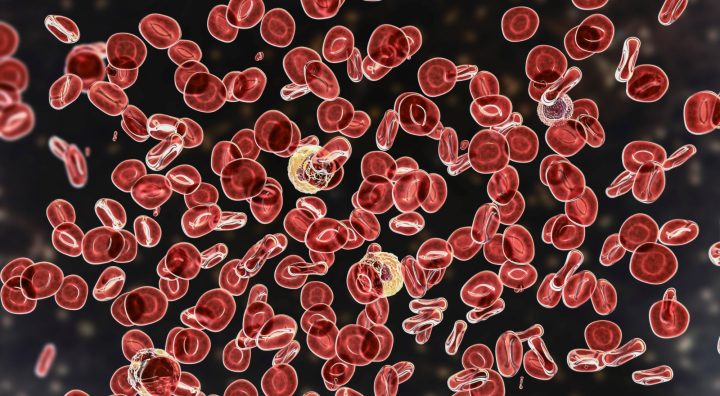Cystic fibrosis affects about 30,000 people in the United States, prompting a severe buildup of mucus in the lungs and other organs. The major gene defect causing 90 percent of cases of CF was discovered 20 years ago, and now there’s finally a three-drug combination that effectively targets it. The drug, Trikafta, is being hailed as a breakthrough, and could increase the current 44-year life expectancy of people with CF.
When doctors prescribe antibiotics, you’re supposed to take the entire prescription, even if you feel better before then. But the National Poll on Healthy Aging shows that 13 percent of people over age 50 have pills left over from their last prescription. Most of the time, they say they’re saving them for later use or for a family member. Half of those people admit they’ve taken leftover antibiotics without checking with a doctor first.
Post-traumatic stress disorder can have effects in a lot of seemingly unrelated areas. a study in the journal Epidemiology shows that having PTSD nearly doubles a person’s risk of infections. The risk increase varies by disease—it’s 1.7 times higher for the flu and more than two and a half times higher for viral hepatitis. Researchers say PTSD also seems to affect the infection risk differently for men and women. Men are more likely to get skin infections…while women are more likely to get urinary tract infections.
And finally… researchers have long observed that heavy alcohol use is associated with reduced brain size, with the conclusion that alcohol can shrink the brain. But now a study in the journal Biological Psychiatry suggests that smaller brain size comes first—People with less grey matter in the brain are genetically predisposed toward alcohol consumption…which may, in turn, shrink the brain still further.
Medical Notes 19-46: Week of November 17, 2019
Cystic fibrosis affects about 30,000 people in the United States, prompting a severe buildup of mucus in the lungs and other organs. The major gene defect causing 90 percent of cases of CF was discovered 20 years ago, and now there’s finally a three-drug combination that effectively targets it. The drug, Trikafta, is being hailed as a breakthrough, and could increase the current 44-year life expectancy of people with CF.
When doctors prescribe antibiotics, you’re supposed to take the entire prescription, even if you feel better before then. But the National Poll on Healthy Aging shows that 13 percent of people over age 50 have pills left over from their last prescription. Most of the time, they say they’re saving them for later use or for a family member. Half of those people admit they’ve taken leftover antibiotics without checking with a doctor first.
Post-traumatic stress disorder can have effects in a lot of seemingly unrelated areas. a study in the journal Epidemiology shows that having PTSD nearly doubles a person’s risk of infections. The risk increase varies by disease—it’s 1.7 times higher for the flu and more than two and a half times higher for viral hepatitis. Researchers say PTSD also seems to affect the infection risk differently for men and women. Men are more likely to get skin infections…while women are more likely to get urinary tract infections.
And finally… researchers have long observed that heavy alcohol use is associated with reduced brain size, with the conclusion that alcohol can shrink the brain. But now a study in the journal Biological Psychiatry suggests that smaller brain size comes first—People with less grey matter in the brain are genetically predisposed toward alcohol consumption…which may, in turn, shrink the brain still further.
Sign up to receive email updates
Enter your name and email address below and I'll send you periodic updates about the podcast.











Leave a Reply